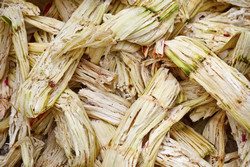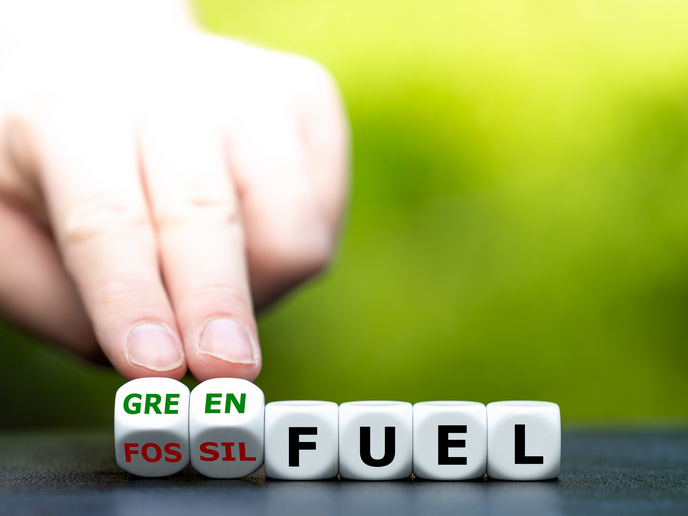Second-generation bioethanol production takes off
Partners from Brazil and the EU worked together in the PROETHANOL2G(opens in new window) (Integration of biology and engineering into an economical and energy-efficient 2G bioethanol biorefinery) project to develop innovative processes to efficiently convert plant waste (straw and bagasse) to ethanol. Project partners developed new biomass pre-treatment processes that generate a product that can be easily converted into fermentable sugars suitable for advanced bioethanol. These included use of ionic liquids and supercritical fluids, carbon dioxide-assisted autohydrolysis and ensiling combined with hydrothermal pre-treatment. Another area of work was geared towards testing novel enzymes with focus on their ability to break down biomass. Project partners identified novel xylanolytic enzymes that can be produced with heterologous expression in Saccharomyces cerevisiae. This novel recombinant yeast strain enabled efficient fermentation of different sugars, thus lowering the production costs of advanced biofuels from waste biomass. In addition, PROETHANOL2G vastly improved the integration of biomass pre-treatment, enzymatic hydrolysis and fermentation. The team also introduced a novel distillation system, which reduces energy consumption and enables the recovery of active enzymes. Since one of the main costs of the second-generation technology has to do with the enzymes, being able to reuse them in hydrolysis represents major progress. Using feedstocks that are not food crops, PROETHANOL2G eliminates the possible competition between food and energy needs. Advanced second-generation bioethanol production promises further greenhouse gas emission reductions compared to the bioethanol crop-based cousin. Project activities are in line with the EU's 2020 targets of having 10 % of the transport fuel of every EU state come from renewable sources such as biofuels.







